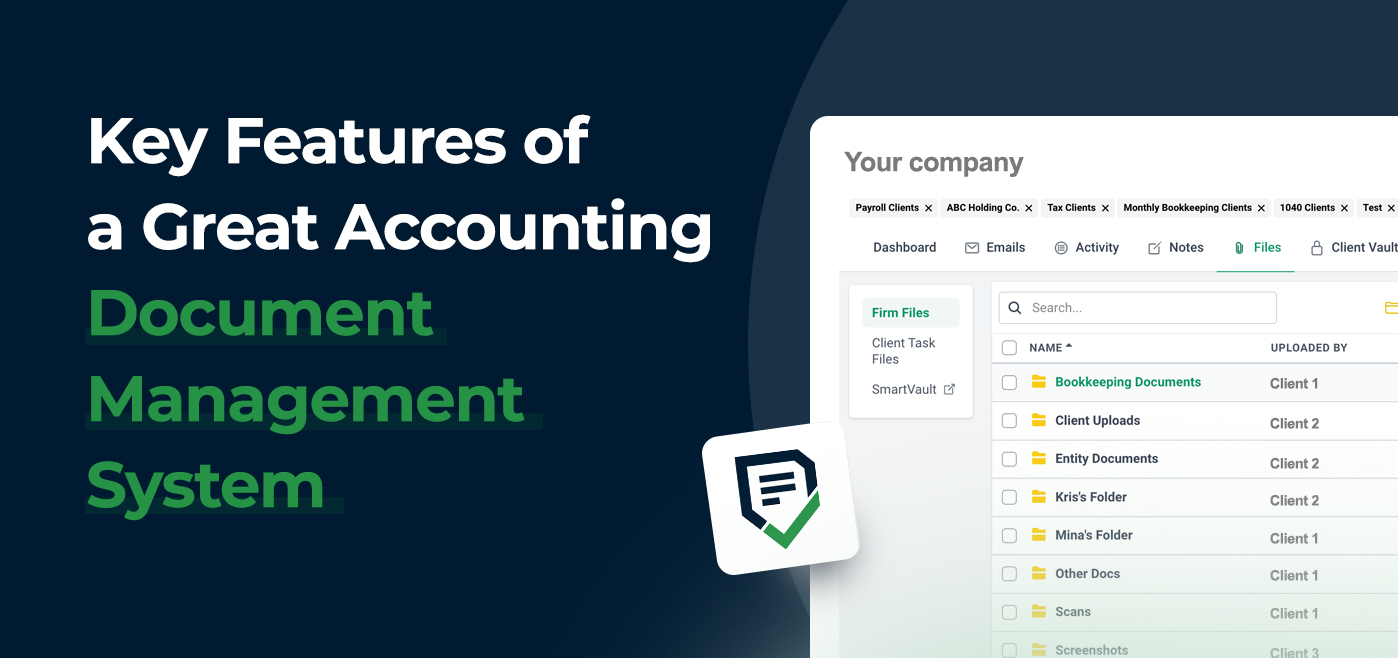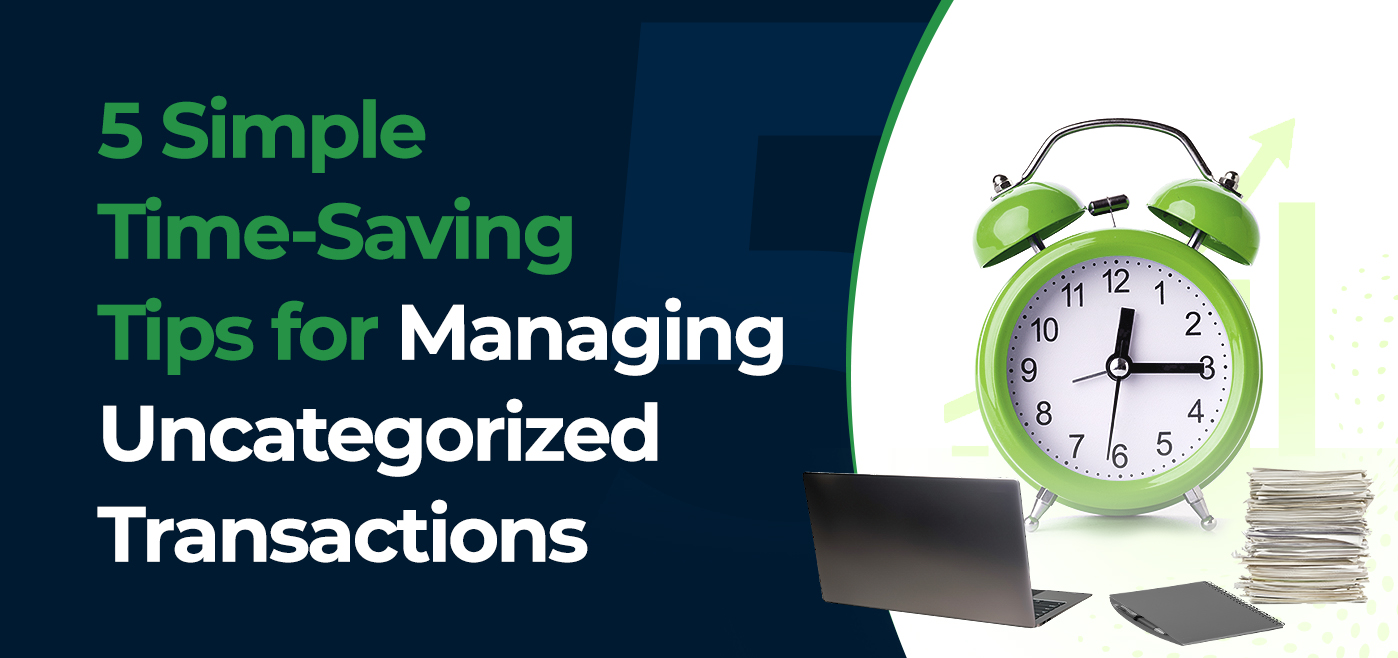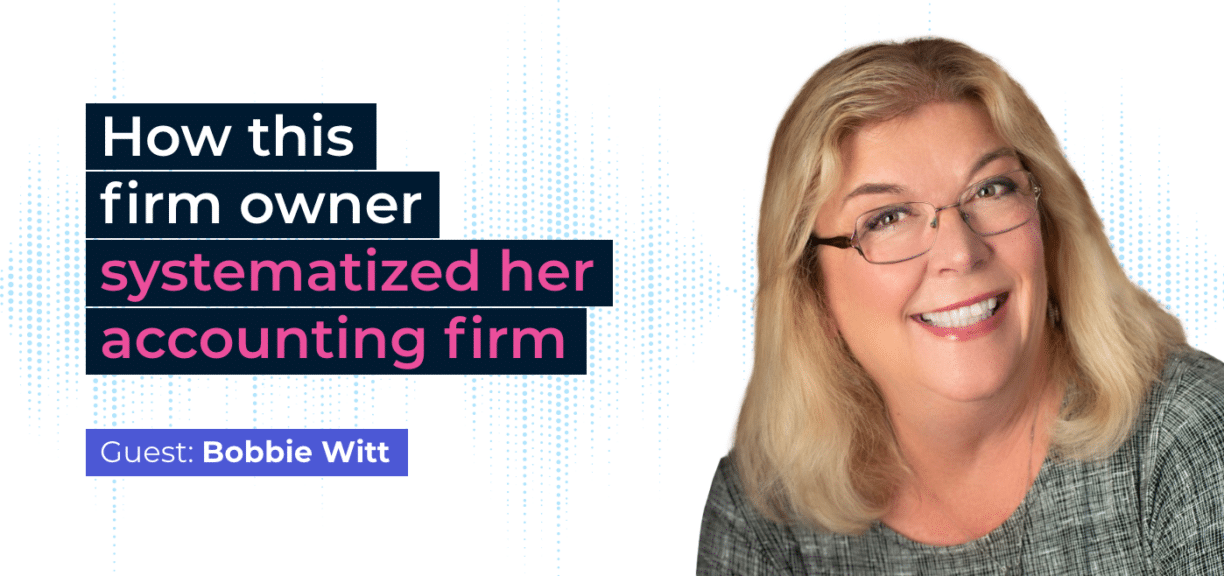S01 E15: How this firm owner systematized her accounting firm
Guest: Bobbie Witt
Meet Bobbie Witt, the CEO, and founder of Bookkeeping Confidential. She owns a virtual bookkeeping firm with 4 team members and over 50 clients.
In this episode, we talk about how she systematized her firm! She shares exactly how she did it and its impact on her firm.
Host:
Welcome back to another episode of The Accounting Firm podcast where we bring you valuable discussions and insights from accounting firm owners. I’m your host, Shahram Zarshenas and in today’s episode, we have a special guest joining us to share her experience on how she systematized her firm. She shares exactly how she did it and its impact on her firm.Our guest today is Bobbie Witt, the CEO, and founder of Bookkeeping Confidential. Bobbie, welcome to the show!
Guest:
Thank you for having me, Shahram. I’m excited to share my experience and insights with your audience.
Host:
Let’s dive right in. Could you start by telling us a bit about your background and how you started your accounting firm?
Guest:
Certainly. I have always had a passion for numbers and helping people manage their finances. After completing my accounting degree and gaining some valuable experience working for a larger firm, I decided to start my own business. It was a daunting task at first, but I knew with the right systems in place, I could build a successful accounting firm.
Host:
That’s impressive. So, what specific challenges did you face when you started your firm, and how did you address them?
Guest:
One of the biggest challenges I faced was the lack of streamlined processes. Initially, everything was done manually, from managing client data to bookkeeping and tax preparation. It was time-consuming and prone to errors. To tackle this, I invested in accounting software that automated many of these tasks and provided a centralized database for client information.
Host:
That sounds like a game-changer. How did implementing these systems impact your firm’s efficiency and productivity?
Guest:
It made a tremendous difference. With the software in place, we were able to eliminate redundant tasks and streamline our workflows. We could now generate reports and financial statements with just a few clicks, saving us hours of manual labor. Additionally, our team could access client information from anywhere, which improved collaboration and responsiveness.
Host:
That’s fantastic. I’m sure many of our listeners can relate to the struggles of manual processes. Now, let’s talk about training and onboarding. How did you ensure that your team members were well-equipped to utilize the new systems effectively?
Guest:
Training and onboarding were essential aspects of the implementation process. We organized comprehensive training sessions where everyone learned how to navigate the software and utilize its features efficiently. We also provided ongoing support and resources, such as user manuals and video tutorials, to help team members refresh their knowledge whenever needed.
Host:
Communication and involvement are crucial in managing change. Now, looking back, how has implementing these systems transformed your accounting firm?
Guest:
Implementing these systems has been a game-changer for our firm. We have experienced significant improvements in efficiency, accuracy, and client satisfaction. Our turnaround times have reduced, and we can now take on more clients without compromising the quality of our services. It has also allowed us to focus on higher-value activities, such as providing strategic financial advice to our clients.
Host:
That’s truly inspiring. Before we wrap up, do you have any advice for other accounting firm owners who are considering implementing similar systems?
Guest:
Absolutely. My advice would be to carefully evaluate your firm’s needs and research different software options that align with those needs. Don’t rush into the decision. Take the time to understand the functionalities and features of the software you’re considering. It’s also crucial to involve your team in the decision-making process and address any concerns they may have. Training and ongoing support are vital to ensure a smooth transition and maximize the benefits of the new systems.
Another important piece of advice is to start small and gradually expand. Implementing new systems can be overwhelming if you try to do everything at once. Identify the key areas that will provide the most significant impact on your firm’s operations and start there. As you and your team become more comfortable with the new systems, you can gradually expand their use across other areas of your firm.
Lastly, always stay updated with the latest advancements in accounting technology. The software industry is constantly evolving, and new features and tools are being developed. Stay connected with industry experts, attend conferences, and engage in networking opportunities to stay informed about the latest trends and innovations.
Host:
Wise words. Thank you again, Bobbie, for joining us today. It was a pleasure having you on the show.
Guest:
It was my pleasure to be here.
Subscribe to Newsletter
We're talking high-value articles, expert interviews, actionable guides, and events.

Key Features of a Great Accounting Document Management System
Here’s all you need to know about an accounting document management system and how it can make you more organized and save…
Apr 26, 2024

5 Simple Time-Saving Tips for Managing Uncategorized Transactions
Manually resolving multiple uncategorized transactions steals valuable time from accountants and bookkeepers. But there’s a solution. Here are five simple, time-saving tips…
Apr 24, 2024

Great interview!